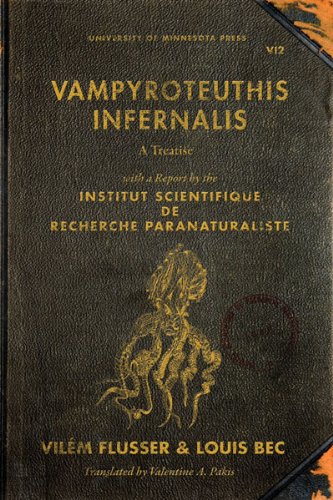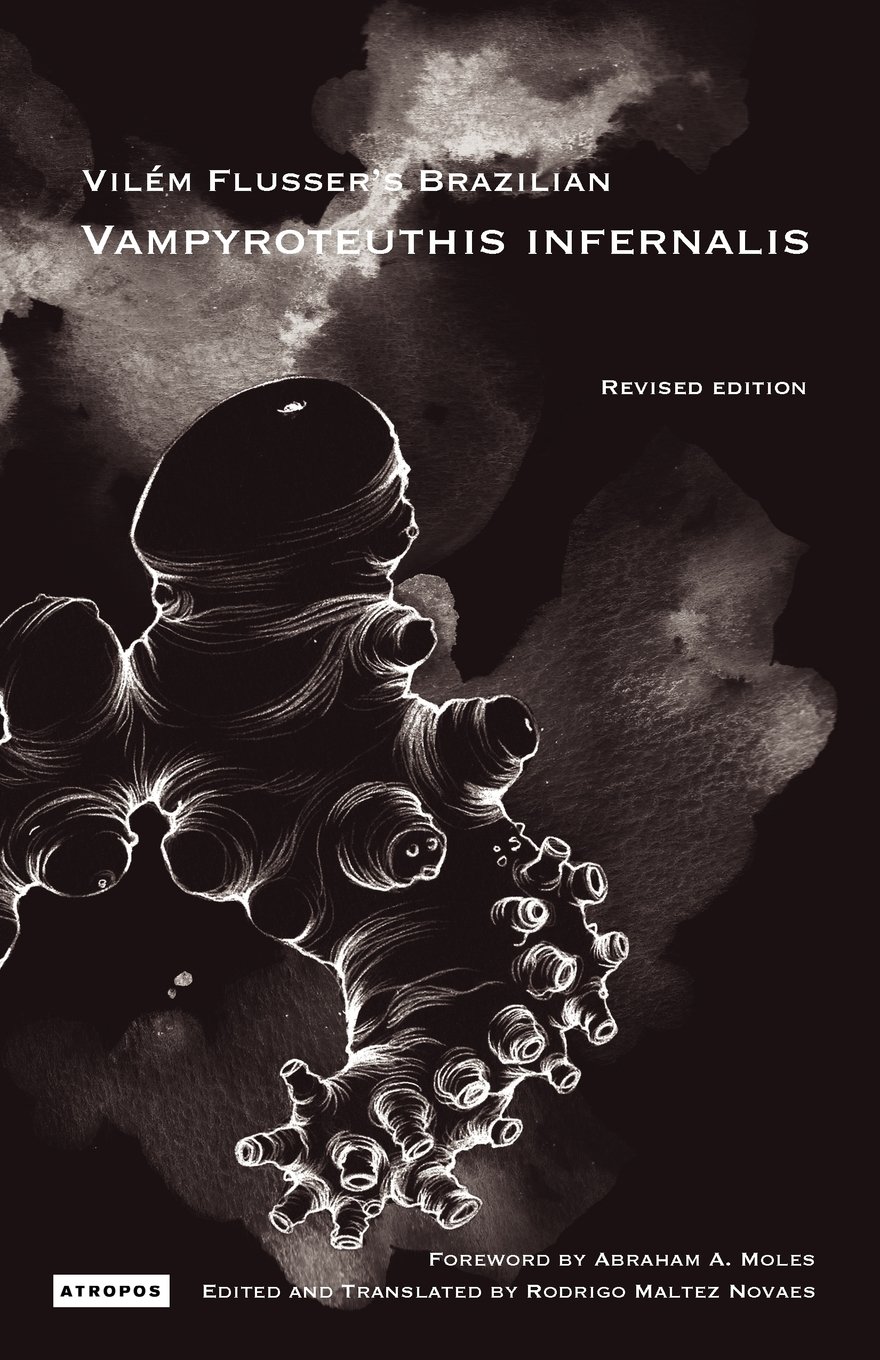communication +1, 3(1): Afterlives of Systems (2014)
Filed under journal | Tags: · biology, communication, computing, cybernetics, ecology, environment, media ecology, music theory, systems theory, technology
“Under the impression of today’s global crisis and the rise of ecological thinking, confronted with smart, ubiquitous technosystems and the impression of interconnectedness, there appears a new urge to excavate the remnants of the past. The articles of this issue suggest that in order to understand present technologies, we need to account the systems thinking that fostered their emergence, and that we cannot gain insight into the afterlives of systems without exploring their technologies.
The nine contributions ask how these debates and affective states survive and live on in today’s discussions of media ecologies, environmentalism, object-oriented philosophies, computer simulations, performative art, and communication technologies. In this sense, they take the renaissance of systems thinking in the late 20th and early 21st Century as an effect of various system crisis and explore new media technologies as stabilizing ‘cures’ against the dystopian future scenarios that emerged after World War II. The articles of this issue suggest that in order to understand present technologies, we need to account the systems thinking that fostered their emergence, and that we cannot gain insight into the afterlives of systems without exploring their technologies.”
With contributions by Etienne Benson, Rafico Ruiz, Katja Rothe, Niklas Schrape, Christoph Neubert and Serjoscha Wiemer, Sebastian Vehlken, Bruce Clarke, Jan Mueggenburg, and You Nakai.
Edited by Christina Vagt and Florian Sprenger
Publisher University of Massachusetts Amherst, September 2014
Creative Commons Attribution-Share Alike 3.0 License
c231 pages
PDF articles
single PDF (4 MB)
Vilém Flusser, Louis Bec: Vampyroteuthis Infernalis: A Treatise, with a Report by the Institut Scientifique de Recherche Paranaturaliste (1987–)
Filed under book | Tags: · animal, art, biology, communication, human, philosophy


“How far apart are humans from animals—even the “vampire squid from hell”? Playing the scientist/philosopher/provocateur, Vilém Flusser uses this question as a springboard to dive into a literal and a philosophical ocean. “The abyss that separates us” from the vampire squid (or vampire octopus, perhaps, since Vampyroteuthis infernalis inhabits its own phylogenetic order somewhere between the two) “is incomparably smaller than that which separates us from extraterrestrial life, as imagined in science fiction and sought by astrobiologists,” Flusser notes at the outset of the expedition.
Part scientific treatise, part spoof, part philosophical discourse, part fable, Vampyroteuthis Infernalis gives its author ample room to ruminate on human—and nonhuman—life. Considering the human condition along with the vampire squid/octopus condition seems appropriate because “we are both products of an absurd coincidence . . . we are poorly programmed beings full of defects,” Flusser writes. Among other things, “we are both banished from much of life’s domain: it into the abyss, we onto the surfaces of the continents. We have both lost our original home, the beach, and we both live in constrained conditions.”
Thinking afresh about the life of an “other”—as different from ourselves as the vampire squid/octopus—complicates the linkages between animality and embodiment. Odd and strangely compelling, Vampyroteuthis Infernalis offers a unique posthumanist philosophical understanding of phenomenology and opens the way for a nonphilosophy of life.”
First published as Vampyroteuthis infernalis. Eine Abhandlung samt Befund des Institut Scientifique de Recherche Paranaturaliste, Immatrix Publications, Göttingen, 1987.
English edition
Translated by Valentine A. Pakis
Publisher University of Minnesota Press, 2012
Posthumanities series
ISBN 9780816678211
104 pages
Another English translation, from the original, unpublished and extended Brazilian-Portuguese version of the manuscript found at the Vilém Flusser Archive at UDK, Berlin
Edited and Translated by Rodrigo Maltez Novaes
With a Foreword by Abraham A. Moles
Publisher Atropos, New York and Dresden, 2011
Interventions series
ISBN 9780983173410
158 pages
Reviews: Colin Dickey (Los Angeles Review of Books, 2012), Lidia Zuin (n.d.).
Publisher: Minnesota UP, Atropos
WorldCat: Minnesota UP, Atropos
PDF (trans. Valentine A. Pakis from DE book, 2012, 10 MB, no OCR)
PDF, ARG (trans. Rodrigo Maltez Novaes from BR-PT manuscript, 2011)
Jacques Monod: Chance and Necessity (1970–) [FR, EN, DE, RO, IT]
Filed under book | Tags: · biology, causality, chance, cybernetics, evolution, genetics, god, information, life, materialism, necessity, noise, philosophy, science, thermodynamics

In this classic book, Nobel Prize winner Jacques Monod interprets the processes of evolution to show that life is only the result of natural processes by “pure chance”. The basic tenet of this book is that systems in nature with molecular biology, such as enzymatic biofeedback loops can be explained without having to invoke final causality. (from Wikipedia)
Publisher Seuil, Paris, 1970
197 pages
English edition
Translated by Austryn Wainhouse
Publisher Vintage, 1971
199 pages
Reviews and commentaries: Bernard Strauss & Erica Aronson (Perspectives in Biology and Medicine, 1972), R.J. Hernstein (Commentary, 1972), F. Eugene Yates & Arthur S. Iberall (Annals of Biomedical Engineering, 1973), Danny Yee (1994), Oren Harman (LA Review of Books, 2014).
Le Hasard et la Nécessité (French, 1970, 7 MB)
Chance and Necessity (English, trans. Austryn Wainhouse, 1971, 29 MB, no OCR)
Zufall und Notwendigkeit (German, trans. Friedrich Griese, 1977)
Hazard si necesitate (Romanian, trans. Sergiu Sararu, 1991, 15 MB)
Il caso e la necessità (Italian, 1997, 7 MB)

